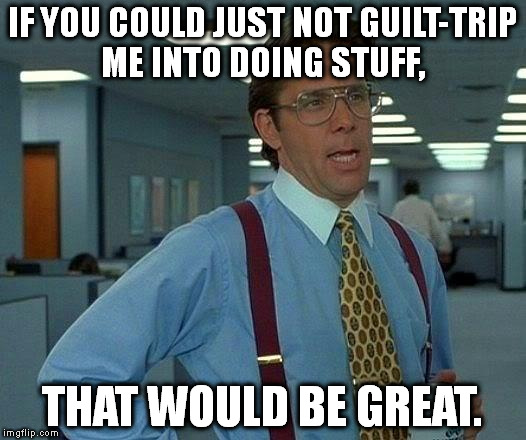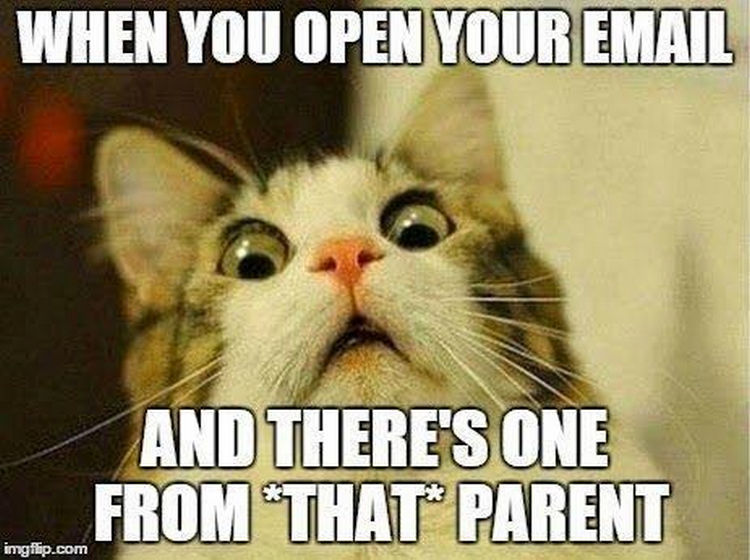Parents as Allies??
In my first year and a half of teaching I avoided parent contact in the same way that I avoided chaperoning school dances; “By any means necessary”.
Why?? Well I guess for a lot of reasons. I was worried to get a kid in trouble. I remember when my grades slipped and my parents caught wind I got the inevitable speech about how much they were sacrificing to send me to private school, all the vacations they didn’t get to take, all the things they could have done to their house… blah, blah, blah.
The thought of me being the catalyst for that kind of conversation at home for some poor kid was nothing I wanted a part of. Probably the bigger reason though, if I am being honest, is that as a new “teacher” with no actual teaching experience, I was scared to death that a parent would actually realize that I had no idea what I was doing. Like any fear or thing you avoid, the more I hid from it, the bigger of a monster it became.
That is until the end of last semester at St. Mary’s. We were supposed to keep a log of our contacts home. A minimum of eight. I did one; which was only an awkward email home about a bizarre encounter on Urban Plunge. I had a choice. Make a fake log or actually reach out to seven parents. Yuck. Im not going to lie and say that I never considered faking the log, but I really respected the professor who assigned this project and remembered all the times she drove home the importance of making connections with families.
So I did it. Two days before the due date in late April I reached out to seven families to tell them about how great their kids were and how I saw them grow over the course of the year. I picked students who I knew struggled either academically or with religion. I couldn’t believe the responses I got back from parents almost immediately. Six out of seven wrote me back to tell me how much the email meant. I really cherished these conversations (cheesy, I know, but for real) and felt full of joy as the end of the school year came to a close.
This afternoon I decided to send a quick email home to my freshmen parents introducing myself and just letting them know that I was looking forward to meeting their kid and am hoping that this transition into high school is a great one. Within two hours eight parents responded with kind words, offers of help for the year, and insights to issues and fears that their kids are having starting out the year. I wish I had come to this realization sooner. Of course there are those parents who are a pain, but by and large parents are our biggest allies.
This year I am challenging myself to reach out to parents three times a week; I want to touch base, get insights, share growth, and treat them like the assets they are. I also want my students to know that I DO call home and thats not a big bad scary thing.
If you’re like me and avoid parents I challenge you to try reaching out this year. If you reach out a lot for grade and behavior issues call sometimes and just share the good stuff. I am excited to start this year. I feel so lucky teach in a school so rich in cultural assets and I cant wait to make new connections with people and see how that informs my teaching practice.













